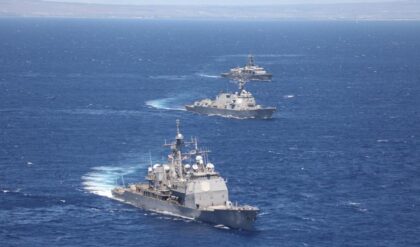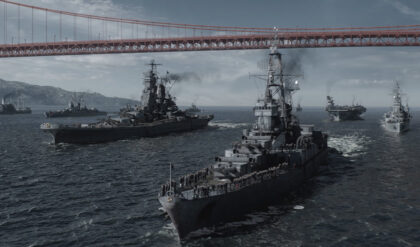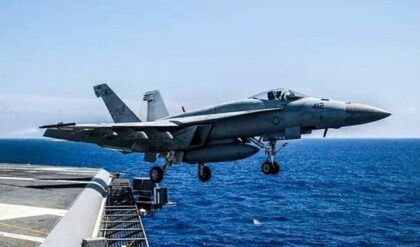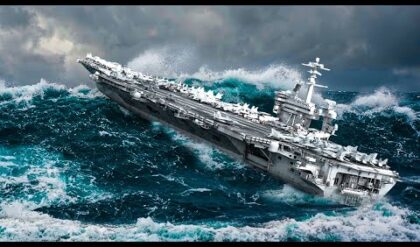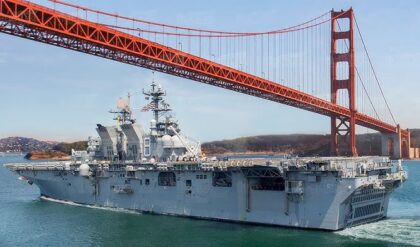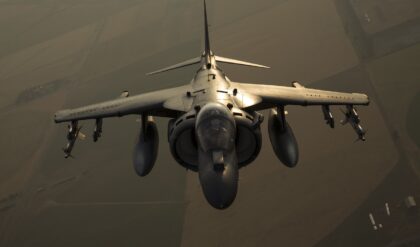(Mass Communication Specialist 2nd Class Michael D. Cole/US Navy) The USS Theodor Roosevelt aircraft carrier.
USS Theodor Roosevelt aircraft carrier
In a bid to give sailors some much needed rest and perform routine maintenance, the Navy plans on pulling back its aircraft carrier from the Persian Gulf, David Lartner reports for Navy Times.
After the recall of the carrier USS Theodore Roosevelt, there will be a month or two gap in presence before the USS Truman aircraft carrier arrives in the Gulf and undertakes the Roosevelt’s role.
This gap in operations will occur in the midst of Operation Inherent Resolve and the continuing air strikes against ISIS throughout Syria and Iraq.
If there is a gap in coverage, aerial operations against ISIS will have to be retooled by relying on ground based aircraft. The US would also have to place a larger focus on launching sorties from US airbases throughout the region.
Naval officials told the Navy Times on background that although the absence of an aircraft carrier in the region will be a setback, it is necessary for the Navy to continue to operate with a decreased budget.
“As a result of meeting increased [combatant commander] demand in previous years, sequestration’s impact on our shipyards, and having a force structure of 10 (rather than 11) carriers, the Navy is not scheduled to provide a continuous carrier presence in some operating regions in fiscal year 2016,” Navy spokesman Commander William Marks told the Navy Times.
The recall of the USS Theodore Roosevelt is not guaranteed, however, and Central Command and Defense Secretary Ashton Carter could still request that there be no gap in carrier coverage in the Persian Gulf.
The US fields more aircraft carriers than any other nation earth, with 10 commissioned nuclear powered fleet carriers. Each of these carriers can function as a mobile mini-American air base, which allow the US to project power far away from its own shores.
aircraft carriers
(globalsecurity.org)
However, the value of aircraft carriers in the future of war has comes under question. Retired Navy Capt. Jerry Hendrix, writing in the National Review, has made the case that the US should ultimately stop investing in carriers and begin looking for alternatives.
“At $14 billion apiece, one of them can cost the equivalent of nearly an entire year’s shipbuilding budget,” Hendrix notes. “Each carrier holds the population of a small town.
Americans are willing to risk their lives for important reasons, but they have also become increasingly averse to casualties.”
As the after effects of sequestration and a declining Naval budget are continued to be felt, the cost-benefit of fielding a constant carrier presence in multiple parts of the world may become a more open question.
